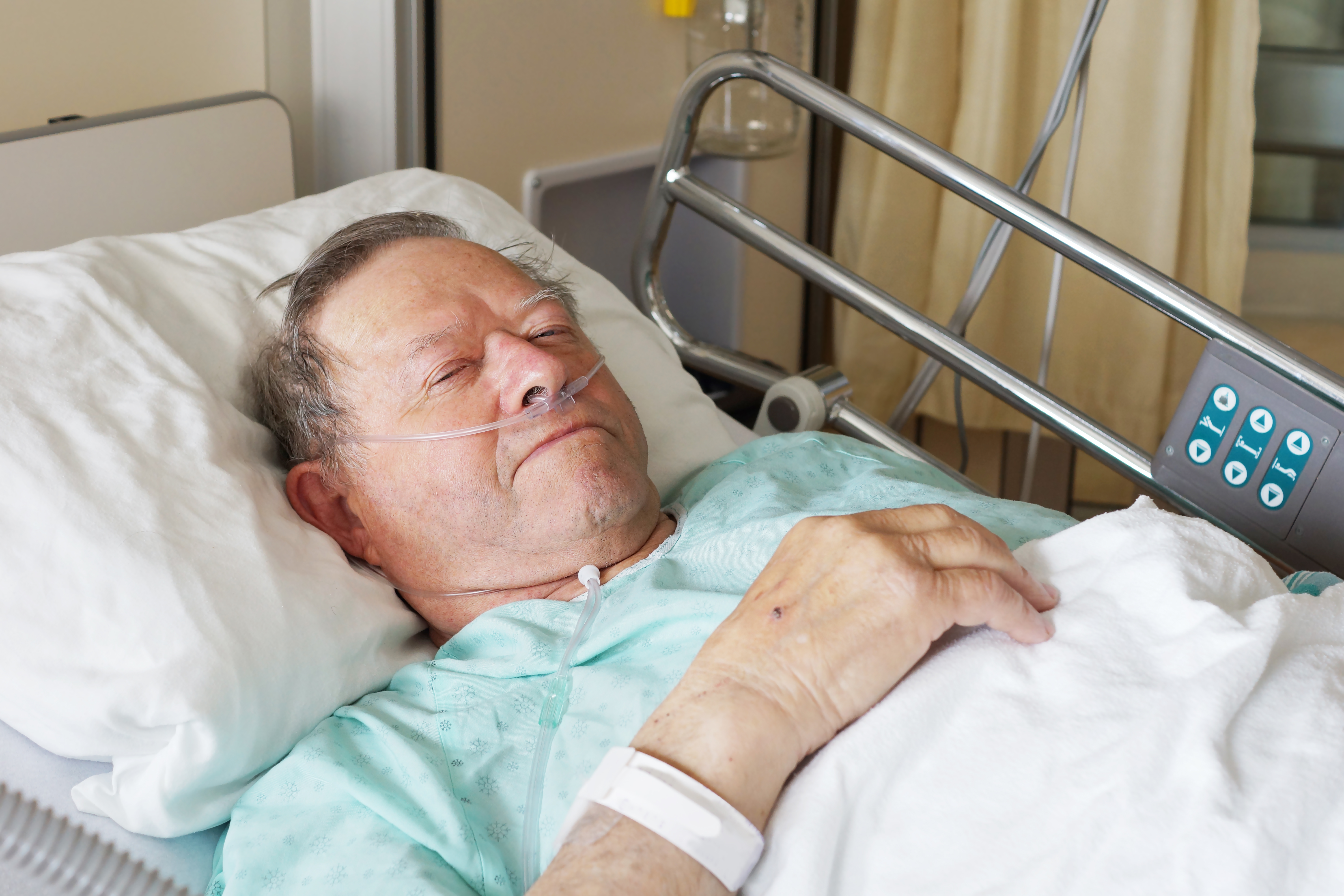What to Do When Your Loved One Has a Bedsore

Bedsores can be very painful, and they are also one of the most common signs of abuse in nursing homes, nursing home neglect, or medical malpractice in hospitals. While they may not seem like much on their own, they can lead to other more serious health issues, such as infections or other life-threatening injuries. They are caused when there is unrelieved pressure to the skin, and they are most commonly found on areas of the body where bone and skin are in very close contact—places like the hips, back, elbows, ankles, and heels. People staying in hospitals or nursing homes are at high risk for these sores because they are often times sedentary in a bed or wheelchair.
So what can be done to help prevent these sores? There are quite a few things. First and foremost, it is important to change positions at regular intervals—this equates to every 15 minutes in wheelchairs or every two hours in beds. It is also helpful to avoid lying directly on the hip bone. Lying at a 30-degree angle can help to better reduce friction and pressure to the hips, but you should avoid lying with a raised head of more than 30 degrees, since this can encourage the body to slip down the mattress and it raises the risk of injuries from friction. If you have to be in bed all day long, try to use a pressure reducing mattress.
It’s also important to inspect skin daily, and this can be a great tool to incorporate into your existing daily routine. Be sure to keep the skin clean and dry, and if you have any bandages, it is especially important to make sure they’re changed on a daily basis. If you see any damage to the skin, notice any unusual odors, infections, or tenderness, you should seek medical help at once.
Another thing you can do to help prevent bedsores is to watch what you eat. Malnourishment can lead to bedsores, other diseases or sickness. It’s very important to get enough calories, protein, fat, vitamins, and minerals in your diet, and you might want to consult a dietician to help you come up with an eating plan that both appeals to your food preferences and supplies you with necessary nutrients.
Finally, as exercising can increase blood flow all throughout the body, try to exercise on a daily basis. Exercise also promotes a positive mood and socialization, and these are very important in a nursing home environment. You should also consider the help of a physical therapist in coming up with an exercise program that is catered to your specific needs and comfort levels.
If you or a loved one can make use of the advice listed above, the risk of bedsores can be minimized and overall wellness can improve.